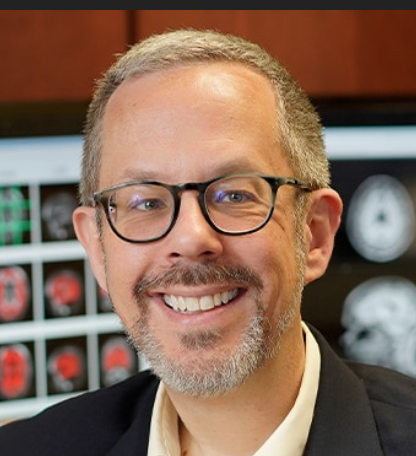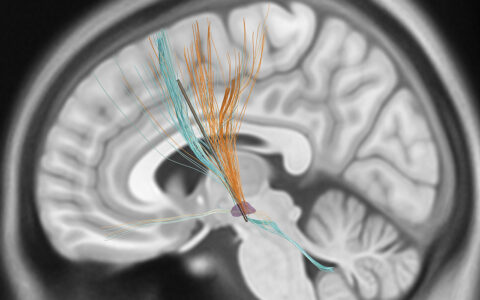Older adults face mental illness at similar rates as younger adults, which contributes to comorbidities including an increased risk for cardiovascular disease and dementia. However, older adults use mental health care services less frequently than other age groups.
“We often don’t appreciate that older people with depression or schizophrenia can look very different from people who are 25 years old,” said geriatric psychiatrist Warren D. Taylor, M.D., of Vanderbilt University Medical Center. According to Taylor, little research has been done on the specific neurobiological mechanisms underlying geriatric mental illness or on the efficacy of common treatments.
Taylor advocates for greater research collaboration and expanded care models to improve mental health services for the geriatric population. “People who might not identify as geriatricians or geriatrics researchers have important skills they can bring to the table to address the needs of this vulnerable population,” he said.
“We often don’t appreciate that older people with depression or schizophrenia can look very different from what we see when people are 25 years old.”
A New Research Agenda
While many links have been uncovered between mental and physical ailments, current understanding of how these links operate on the neurologic level in older adults is sparse, with too few geriatricians and researchers to meet the research demand.
Taylor calls for geroscientists, geriatric psychiatrists and non-geriatric researchers alike to work together. For example, collaborative research could foster a greater understanding of the neurobiology behind anxiety disorders, informing treatments designed to reduce the frequency and severity of their recurrence.
Similarly, collaboration between psychiatrists and data scientists could inform the development of advanced computational techniques to detect and prevent suicides in older adults. “There is a real opportunity to identify these individuals who are at high risk, so we can intervene and offer help before they are in crisis,” Taylor said.
Improving Access: Telemedicine and Collaborative Care
Telemedicine is one effective strategy to increase older adults’ access to mental health expertise and lower cost barriers. Taylor’s colleague at Vanderbilt, William Petrie, M.D., provides geriatric services through telemedicine for a partial hospital program.
“Telehealth is a really fantastic opportunity, as you can cover multiple practices where the volume at the site couldn’t support a geriatric specialist sitting there in the office all day,” Taylor said.
Collaborative care models can also reduce costs while enabling access to expertise. Taylor says that more mid-level providers, such as nurse practitioners, could become experts in geriatric care, allowing geriatric physicians to serve mainly as advisors and supervisors of complex cases.
“The composition of these medical teams can reflect what we know is the interdependency between physical and mental health, and enable them to deliver more holistic treatment to this population,” he said.
Broader Context
Taylor notes that broader changes in health policy could lead to seismic changes in mental health care. While Medicare has made some moves to cover services like depression screening and family communication, a yawning gap still exists between need and coverage. “With a 75-year-old patient, there is generally a long medical history and stories that need to be heard. Today, physicians just aren’t reimbursed for the full time it takes to do these things,” Taylor said.
“There remains – as a matter of health justice – a significant need to improve outcomes for older adults with mental disorders,” he added.





